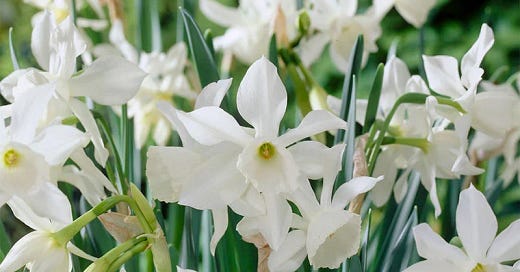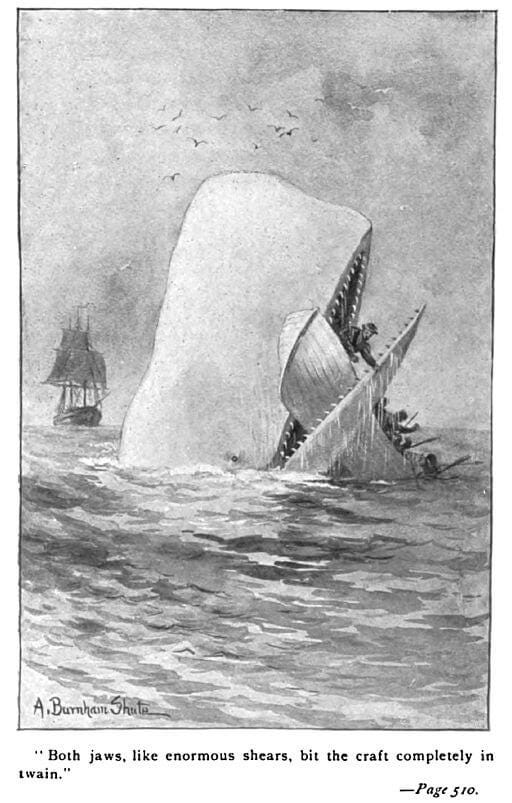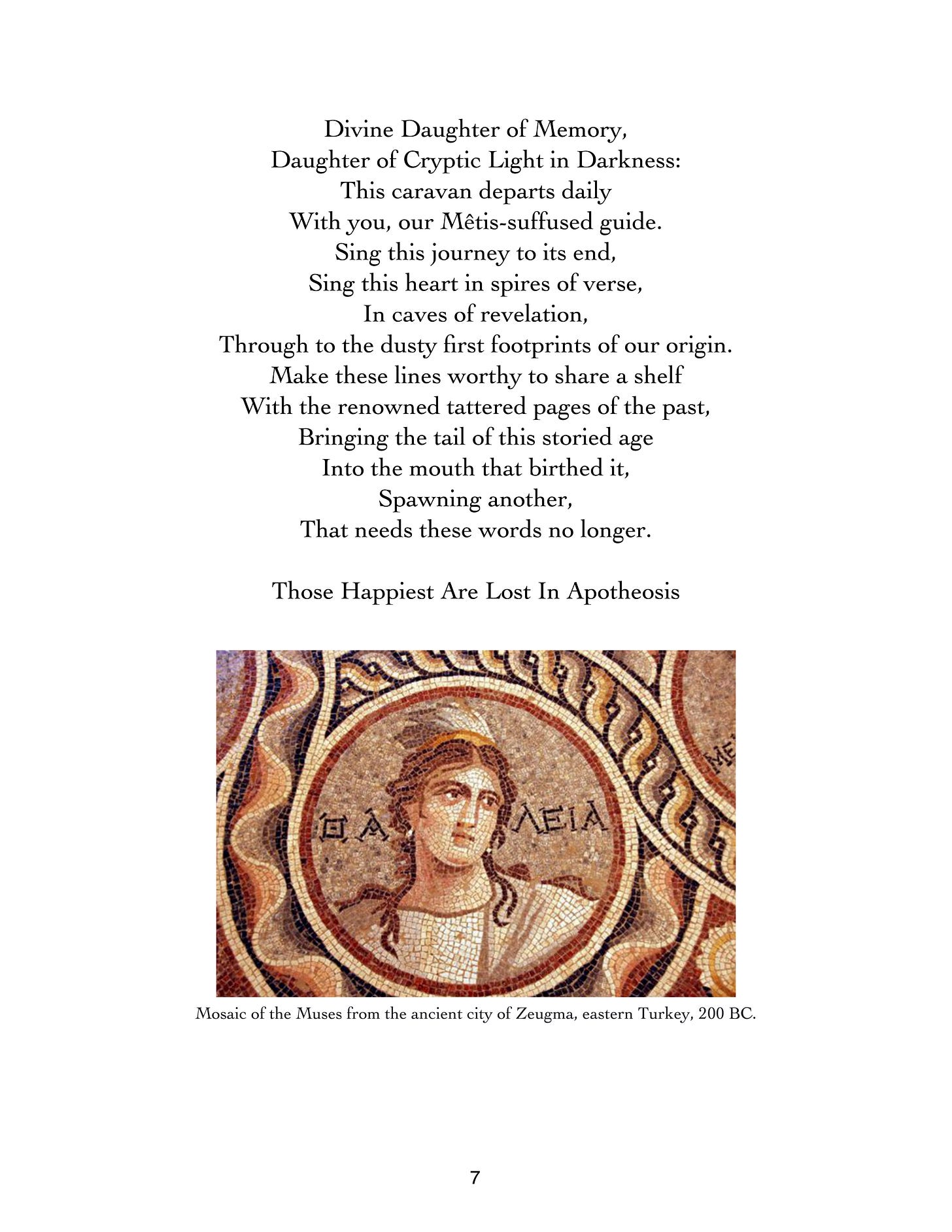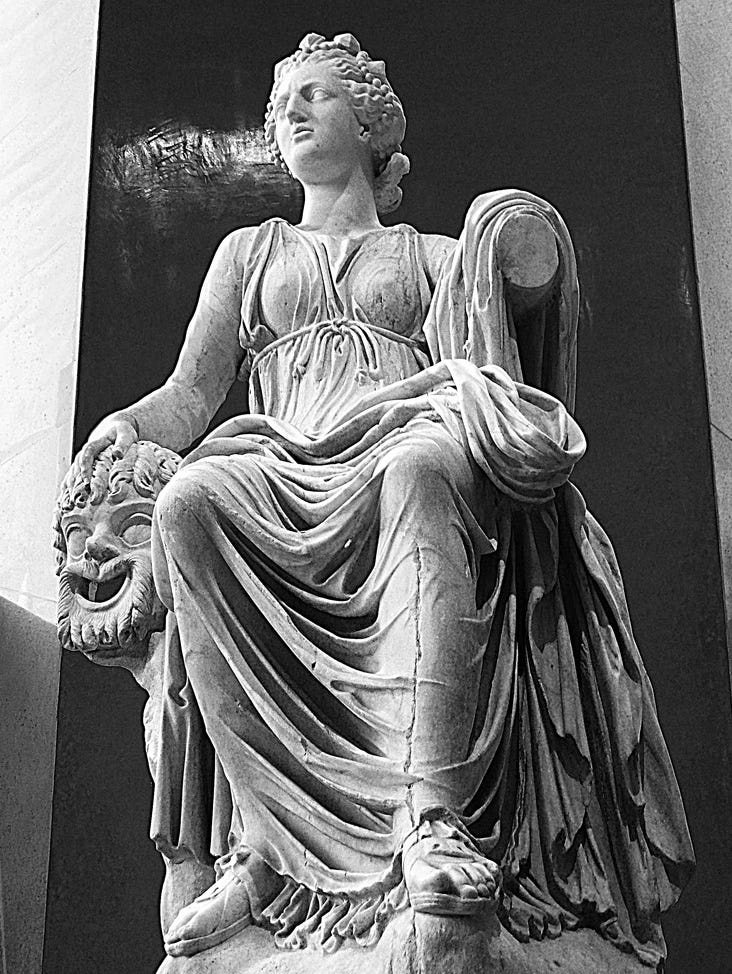Of all the spring ephemerals the Thalia daffodil (Narcissus triandrus) brings the grandest smile to my eyes and nose. If you rush on by, it seems a small, unadorned flower, grouped in dyads and occasional triads on a strong stem. But if you stop, and if you can still bend over far enough, it will reward you with a stunning enjoyable scent. And then maybe Thalia will transfix you with the quality of its whiteness.
Moby Dick, as great an American masterpiece as there is, has an entire chapter (#42) devoted to “The Whiteness of the Whale”. This is the point when you realize you are not reading a rousing comic-tragic sea venture, but a dive, if you will, into the deep end of the ocean. Where I always root for the whale.
“Aside from those more obvious considerations touching Moby Dick, which could not but occasionally awaken in any man’s soul some alarm, there was another thought, or rather vague, nameless horror concerning him, which at times by its intensity completely overpowered all the rest; and yet so mystical and well nigh ineffable was it, that I almost despair of putting it in a comprehensible form. It was the whiteness of the whale that above all things appalled me. But how can I hope to explain myself here; and yet, in some dim, random way, explain myself I must, else all these chapters might be naught.”—Herman Melville, Moby Dick, (1851)
Melville upends the white hat/black hat simplicity that overshadows most of contemporary discourse, and infuses this mystic whiteness with terrifying power, intensified by its colorlessness, or, the amalgamation of all colors.
⚚⚚⚚⚚⚚
Which brings us to the Muse Thalia, the Muse of Comedy invoked to begin Hermes Runs the Game.
Sacaphagus of the Nine Muses, second century BC, l-r, Calliope (epic poetry), Thalia (comedy), Terpsichore (dance), Euterpe (music), Polymnia (sacred hymns), Clio (history), Erato (erotic poetry), Urania (astronomy), and Melpomene (tragedy).
Thalia is (not was) one of the nine Greek Muses, and her name means “flourishing, verdant”. Her mother, and mother of all the Muses (their papa is Zeus), is the Titan Mnemosyne, goddess of memory. Her importance imbues all of Greek culture. Truth, Wisdom, is also a goddess: Aletheia, which means to not drink from Lethe, the lake of forgetfulness. What is important to understand is that all gnosis, insight, wisdom, is already alive within us, and needs to be uncovered and sewn back together.
Mnemosyne or Lamp of Memory by Dante Gabriel Rossetti, c. 1880.
The Muses as inspirational deities foster that remembrance through the arts, poiesis in Greek, the act of making that which had not existed previously. Through both innovation and continuity culture is perpetually revivified within the contours of the Sacred.
The Comedy-Tragedy dichotomy in ancient Greece goes back to the philosophy of Empedocles, wherein the cosmos runs on the pump of Love and Strife. Hermes Runs the Game gets into this. Love binds and Strife breaks apart; both are necessary. Comedy, especially in Shakespeare, ends in marriage, the heiro gamos, and tragedy with a stage littered with corpses. According to Aristotle’s Poetics, which analyzes to death the arts, and invents the ‘discipline’ of literary theory, there is a fatal flaw in the character of the tragic protagonist. Often hubris, overweening pride. We all see this hubris, of course, in our putative overlords, yet unlike the plays, we never get to experience their cathartic comeuppance. Yet.
Luckily, Aristotle’s treatise on Comedy is lost (the plot of The Name of the Rose revolves around finding it) or we would have it over-analyzed into rampant unfunniness. Yet sadly, Ari has more or less surpassed the Muse as source of poetic inspiration, replacing what Plato called a form of divine madness with rationalist sterile analysis. Yes, the insipid supposed diversity of characters that has turned film into unwatchable woke bludgeoning is the long covidiocy of applying Aristotelian logic and rationalist sophistry. (Just heard another philosopher run out of the room and slam the door . . .)
Thalia as a living inspiration simply showed up during my undergraduate days at Union College, when all the science I was supposed to follow into a career disintegrated under the weight of its own pretense to wisdom. I was the first in my working class Sicilian family to have the ability and grades to go away to a college, thus certain expectations of bouncing to the professional class were painfully high. I started writing really bad poems, but there would be one salvageable line in there. Like any other endeavor, practice improved quality, and then, I realized it was not only me doing this. I never felt Thalia as a presence, only as a certain ease of flow to the experience of writing. Also, as a pressure to write something specific, often and to this day waking me from a decent sleep with fully constructed sentences. I don’t think this an unusual experience.
Thalia at Hadrian’s villa, c.130 AD.
Many thanks to Thalia and her sisters endeavoring to find humans still willing to be worked through.
⚚⚚⚚⚚⚚
“Insanity is the only sane reaction to an insane society.” —Thomas Szasz
Heaven does it come to me
In the dreaming that my soul's been freed
And the torment of my madness gone away
And though god says he loves
And I, I think of love
I cannot change the way I am
And so the moon, it calls me
The lunatic calls me
Up and out into the town
Yes, the dead are dancing
The dead are dancing
The dead are dancing
In the town
Toni Childs, The Dead are Dancing (1991)
⚚⚚⚚⚚⚚
Plato in his Phaedrus delineates four kinds of mania, or madness. Mania is a blessing when it comes from the gods. The absolute insanity rampant in our lives has to thus come from an anti-human source. I disagree vehemently with old friends who tell me that this is human nature. I counter that this sort of ‘original sin’ another control program, coming out of the fabricated theory of progress, Darwinian evolution applied to humanity, to make us think ill of ourselves. And unfortunately working. As Sayyed Nasr said, “Would you rather be ascended from apes, or descended from the angels?” We do not need long sermons on this.
Mania as a blessing is either
Mantic or Prophetic: oracular under Apollo
Telestic or Ritualistic: trance under Dionysius
Poetic: under the Muses
Erotic or Passion: under Aphrodite
All these are discussed in part 3 of Hermes Runs the Game, in terms of initiatory Light.
From Plato’s Paedrus:
And a third kind of possession and madness comes from the Muses. This takes hold upon a gentle and pure soul, arouses it and inspires it to songs and other poetry, and thus by adorning countless deeds of the ancients educates later generations. But he without the divine madness comes to the doors of the Muses, confident that he will be a good poet by art, meets with no success, and the poetry of the sane man vanishes into nothingness before that of the inspired madman.
We can call Rumi’s poetry the apotheosis of this. All of inspired art is the divine talking to itself, a longing to be known providing the poetic means for us to reconnect with the source of inspiration. What was the last piece of ‘art’ hung in MOMA that took you anywhere but the latrine?
Marcel Duchamp, Fountain, (1917)
Never mind Abramovic’s spirit cooking ‘spiritual mentorship’ to lady gaga. We are so far antipodal to the only reason for art to exist—that is to carry us to realization of the divine within us—that things can only improve.
And that will take those of us willing to risk the mania of the Muses, of inspiration and enthusiasmos (feeling deity within), paddling with a toothpick against modernism’s material undertow. Ah, but what a toothpick . . .
⚚⚚⚚⚚⚚
The muses are rarely invoked these days. The song “Terrapin Station” from 1977 actually does so twice. It does not call on one of the traditional Greek muses, but inspiration, the spirit that crosses the Hermetic border of within/without.
Invocation #1
Let my inspiration flow in token rhyme, suggesting rhythm,
That will not forsake me, ‘til my tale is told and done . . .
Invocation #2
Inspiration, move me brightly, light the song with sense and color,
Hold away despair. More than this I will not ask,
Faced with mysteries dark and vast, statements just seem vain at last . . .
—Terrapin Station
If you find this sort of scrivening enjoyable, please pick up Steve’s new book, Hermes Runs the Game, available here at Logosophia Books:
https://logosophiabooks.com
and here as an eBook:










